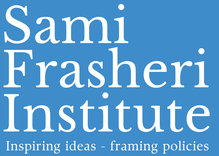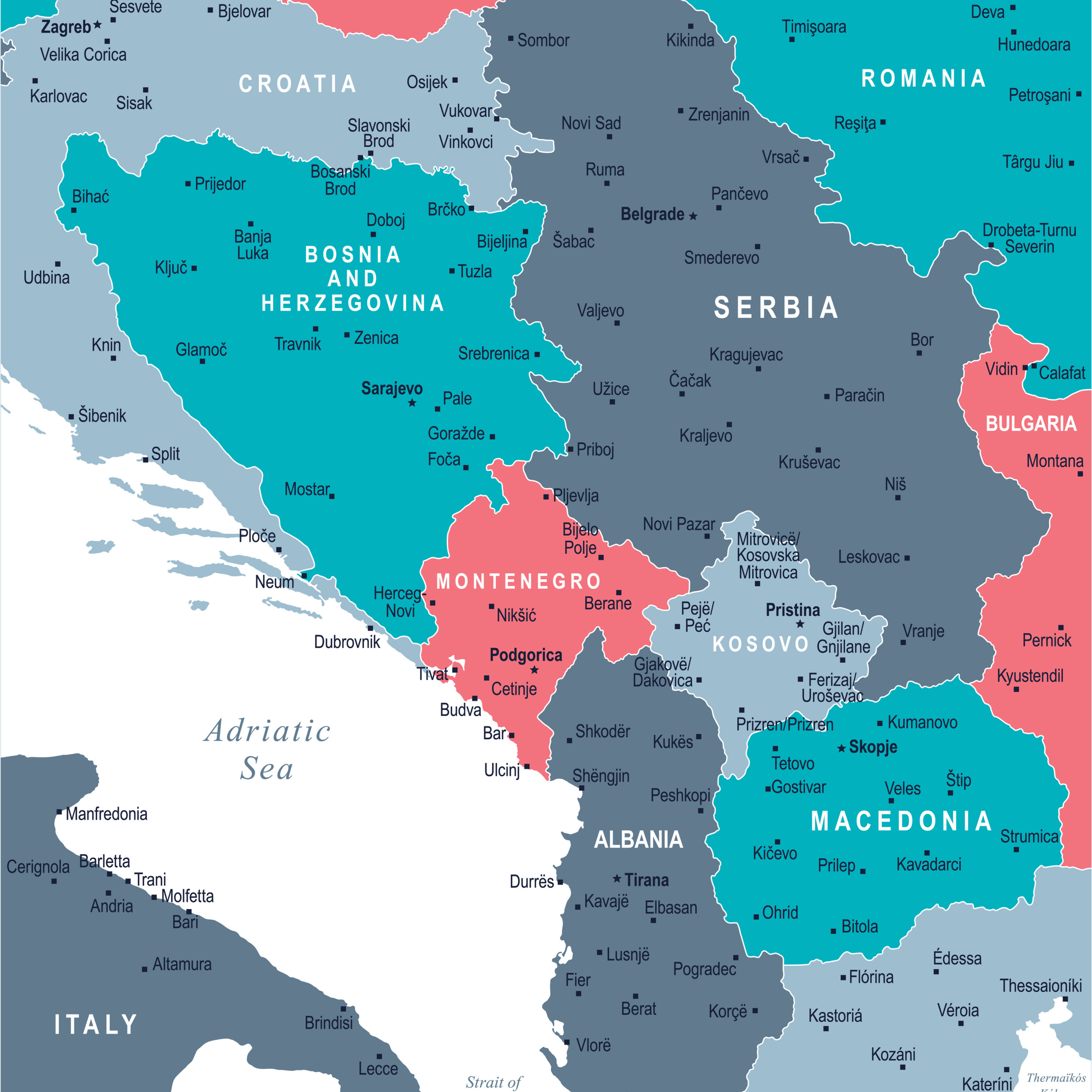In a thought-provoking article for “Revista Shenja,” Mentor Beqa, the Executive Director, delves into the intricate political developments within the Western Balkans, challenging the perceived centrality of prominent political figures such as Edi Rama and Albin Kurti. Beqa posits that while these leaders hold significance, there exist broader, impersonal forces that exert a more profound influence on the region’s political landscape.
Beyond Personal Politics:
Beqa’s analysis suggests that the dynamics of international politics, especially in regions as geopolitically sensitive as the Western Balkans, transcend individual personalities. He highlights the strategic interests and policies of global powers, particularly the United States, as crucial elements shaping the course of events in the area.
US Strategy in Focus:
Focusing on the United States’ approach to the Western Balkans, Beqa explores the underlying elements of American foreign policy towards the region. He scrutinizes the effectiveness and implications of these strategies, raising questions about their alignment with the long-term stability and prosperity of the Balkan states.
Impersonal Forces at Play:
The article sheds light on the “impersonal forces” that Beqa identifies as pivotal in driving political developments. These include international alliances, economic pressures, and strategic geopolitical interests that collectively influence the direction of regional politics, often overshadowing the roles of individual political figures.
A Call for a Rethought Strategy:
Beqa’s critique extends to a call for reevaluating the American strategy in the Western Balkans. He advocates for a nuanced approach that recognizes the complexity of the region’s political, ethnic, and historical context, suggesting that a more considered and inclusive strategy could better serve the interests of both the Western Balkans and the broader international community.
Conclusion:
Mentor Beqa’s article in “Revista Shenja” presents a compelling analysis of the Western Balkans’ current political dynamics, challenging the conventional focus on individual leaders to reveal the broader forces at play. His insights contribute significantly to the ongoing discourse on international relations and foreign policy in the region, offering a critical perspective on the role of global powers in shaping the future of the Western Balkans.
For a detailed exploration of Beqa’s analysis and thoughts on the American strategy in the Western Balkans, read the full article here.


 Share on WhatsApp
Share on WhatsApp
 Share on Facebook
Share on Facebook

